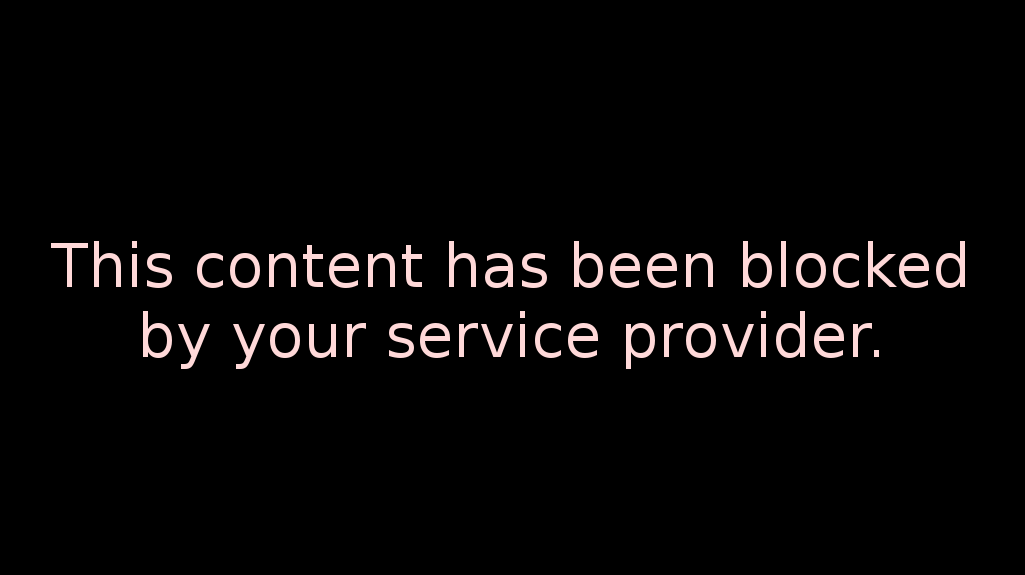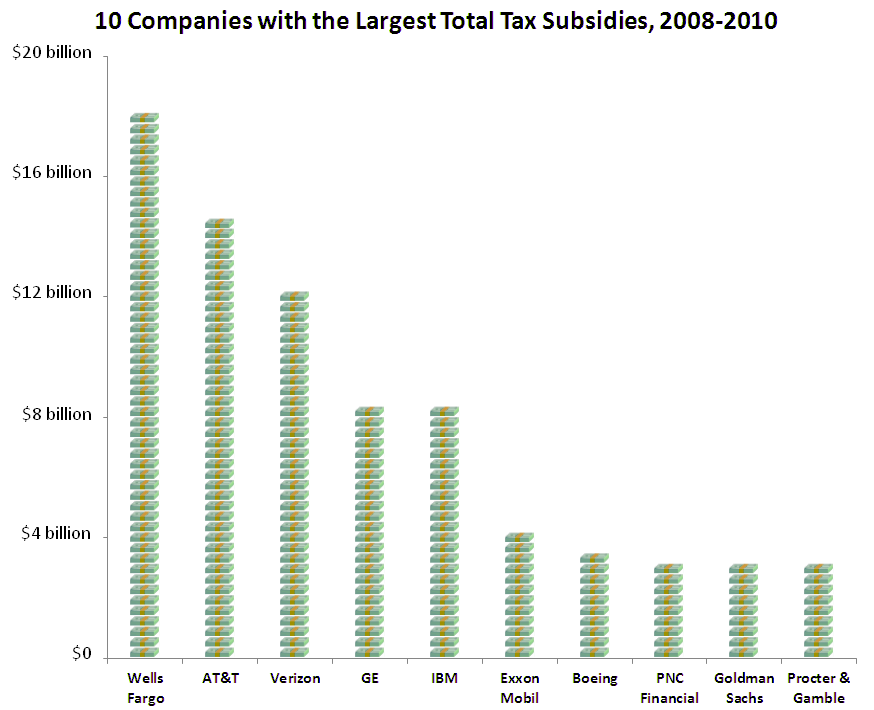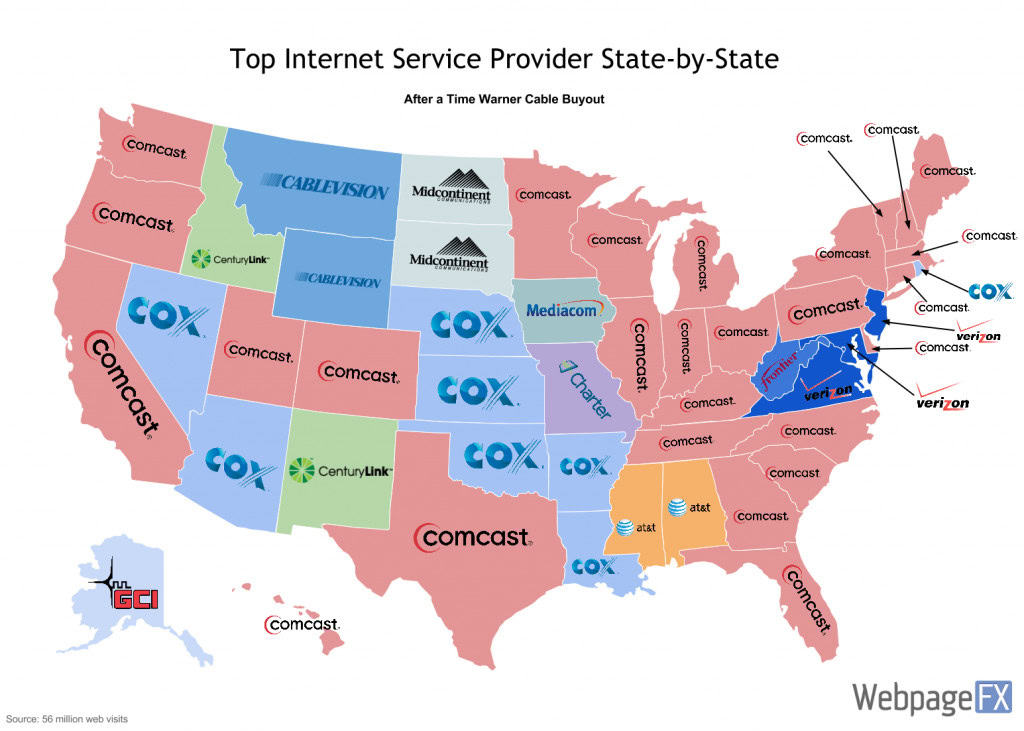Affiliate links on Android Authority may earn us a commission. Learn more.
FCC Commissioner Pai slams net neutrality rules, ignores facts & FCC history

Yesterday, Ajit Pai, one of two Republican Commissioners on the Federal Communications Commission (FCC) announced how damaging the upcoming net neutrality rules would be on the cable and broadband industry.
To summarize what Pai, a former Verizon employee, said:
- The FCC document with net neutrality rules are 332 pages.
- Net Neutrality means more taxes and high prices
- Net Neutrality means less future investment
- As Pai notes, “If we impose Title II on a vibrant broadband marketplace, a highly regulated monopoly is what we’ll get.”
- Democrat Commissioners aren’t negotiating with Republicans.
- President Obama influenced Wheeler!
So, let’s go over these statements.
1. Pages
332 pages does indeed sound like a large amount. Until you realize that “only eight of those pages are about the new rules, a senior F.C.C. official said.”
2. Taxes
I simply want someone to explain to me where these new taxes actually come from. I can’t find anything that substantiates this position. Didn’t the Internet Tax Freedom Act just get renewed which extends a moratorium on local and state taxes for Internet access? Didn’t Verizon just get called out this year for paying no taxes between 2008-2012? Wasn’t AT&T called out several years ago for paying no taxes and yet still receiving a $420 million refund? With Verizon hitting revenues in 2013 of $120 billion, where are these mythical taxes issues going to be coming from?

3. Future Investment
No future investment sounds terrible. But wait, didn’t Verizon’s CFO admit that nothing would change future investment wise under Title II? Didn’t Sprint just admit the same thing? Didn’t the recent spectrum auction break a record with over $40 billion in winning bids? When exactly would these carriers get scared?
4. Monopoly
A monopoly sounds terrible. But speaking of a monopoly, Comcast now owns over 50% of customers in this country with speeds that reach the FCC definition of broadband (25 Mbps). That is BEFORE Comcast has bought the millions of customers from Time Warner Cable.

5. FCC Actions
Let’s set aside the fact (note that this is an actual fact) that the FCC generally does not make draft proposals public until after the commission votes. I am not sure exactly what Republicans want Democrats to do outside of changing their mind. When former FCC Chairman Michael Powell was ramming through media deregulation rules in 2003 and Democrats wanted more time, did they get it? Of course not. In fact, the Democrats asked for an extension twice and were rejected both times.
6. Influence
Honestly, I can’t believe someone would argue this with a straight face. As Public Knowledge correctly noted:
“Additionally, every President in the last 30 years has weighed in publicly with the FCC on issues of national importance. It did not violate the FCC’s independence when President George W. Bush publicly called for Chairman Michael Powell to vote on deregulating media ownership, or when President Bill Clinton wrote a public letter to Chairman Reed Hundt to ban hard liquor advertising on television. It also did not violate the FCC’s independent when President Ronald Reagan asked Chairman Mark Fowler to drop his proposal to rescind the Financial Interest and Syndication Rules. Similarly, President Obama has not violated the independence of the FCC by making his support for strong net neutrality rules under Title II public.” – Harold Feld, Senior Vice President of Public Knowledge.
In 2003, one of the GOP FCC Commissioners joined with the two Democrat FCC Commissioners to stop then-FCC Chairman Michael Powell from limiting a list of Unbundled Network Elements. Anyone want to guess what happened next?
“Following that vote, several Republican Congressional lof Commissioner Martin for not voting with his two Republican colleagues.” – Mitchell F. Brecher, Greenberg Traurig
This entire net neutrality debate has turned into a circus because of the same, tired arguments about fantasy tax increases, monopolies, etc….and there isn’t a single shred of evidence that any of these issues will arise.